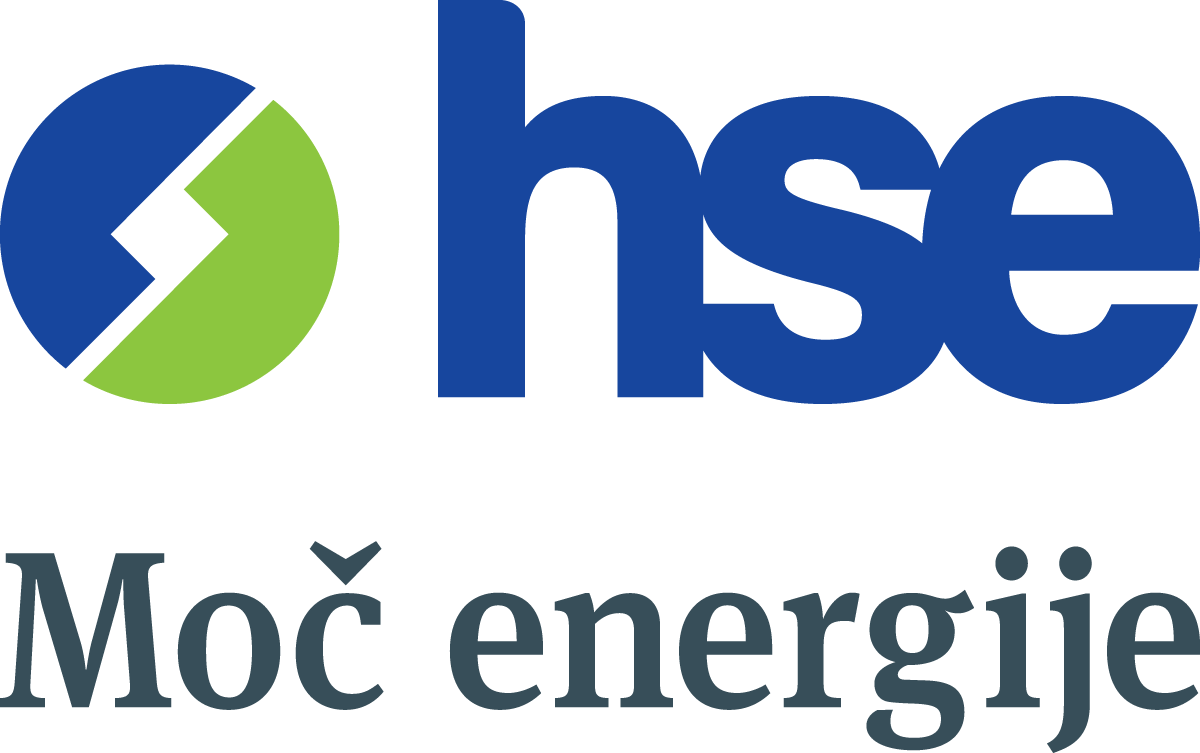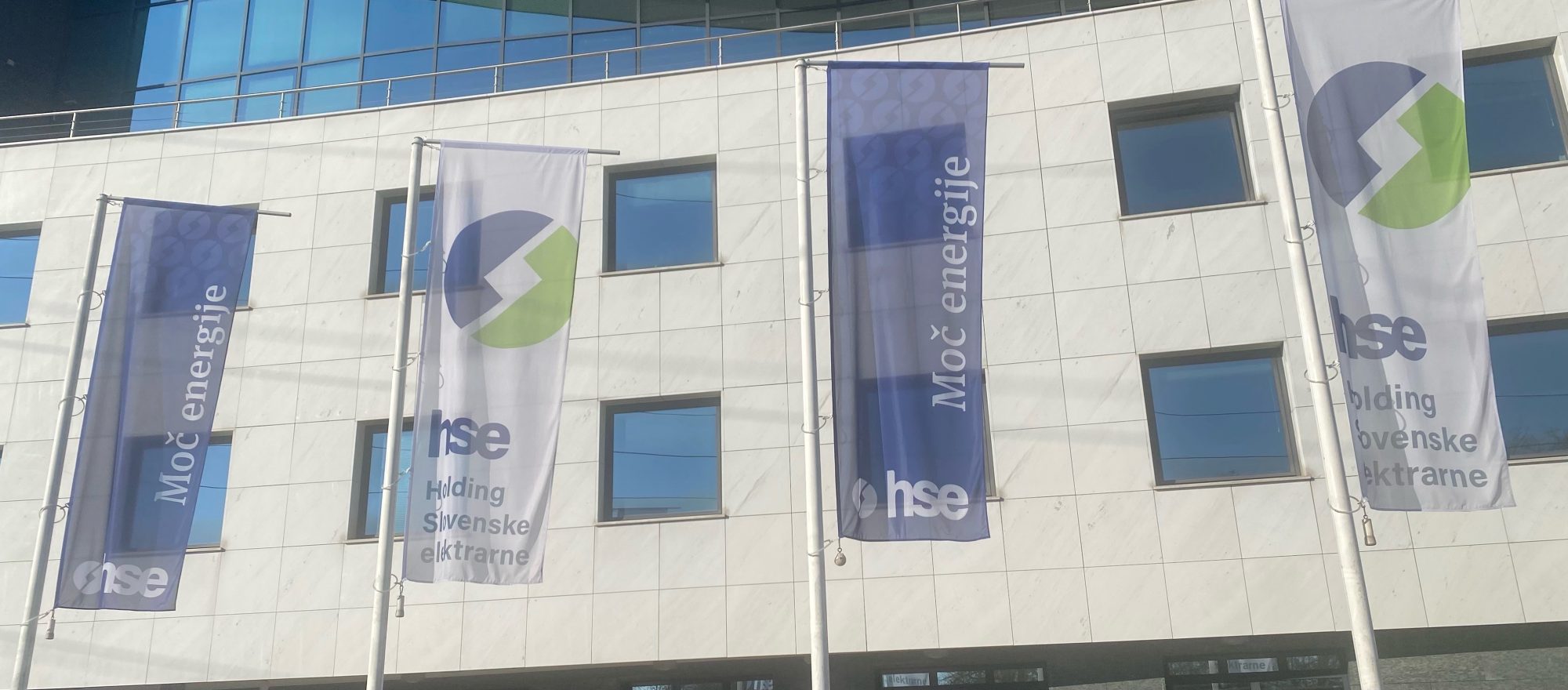The thermal division of the HSE Group, represented by the Šoštanj Thermal Power Plant (TEŠ) and the Velenje Coal Mine (PV), will continue to operate after their restructuring, scheduled for the end of 2024. After the a special emergency law, which is being drafted by the Ministry of the Environment, Climate and Energy (MOPE), is adopted, the primary task of the TEŠ will be the production of heat for the 35,000 citizens, industry and infrastructure of the Savinja-Šalek region.
A complete substitution of the TEŠ as a source of heat with new sources is not possible in the short term, and in order to solve social issues and make a just transition in this period, it is necessary to adopt the Act on the Closure of the Velenje Coal Mine and the Act on the Restructuring of the Savinja-Šalek Region as soon as possible.
The National Strategy for Coal Phase-Out and Restructuring of Coal Region in Accordance with the Just Transition Principles (the Strategy) anticipates a coal phase-out, i.e. the cessation of operations in the Šoštanj Thermal Power Plant and lignite extraction in the Savinja-Šalek region by 2033 at the latest. Under the 2024 annual management plan of Slovenian Sovereign Holding (SSH), which has been approved by the Government of the Republic of Slovenia, the company HSE is expected to prepare an analysis of possible approaches to the possible extraction of the thermal division activities with the aim of ensuring the financial stability and investment potential of the HSE Group to accelerate the green transition.
Analyses of the future business of the thermal division of the HSE Group (the TEŠ and the PV) indicate that the future operation of both companies will be unprofitable due to changes in the market and a drop in electricity prices significantly below the cost price. As of 1 January 2025, HSE will no longer be able to provide sufficient funds for the undisrupted operation of the TEŠ and the PV, as this would constitute unlawful state aid. Without an appropriate solution, the TEŠ will become insolvent in 2025, and as a result the PV will become insolvent, too, since the TEŠ is its exclusive customer. The insolvency of the TEŠ and the PV would directly affect 35,000 people, as well as the infrastructure and businesses in the Savinja-Šalek region that depend on the heat produced in the TEŠ.
Taking into account the strategic status of the Republic of Slovenia’s investment in the HSE Group, the managements of HSE, the TEŠ and the PV, together with external experts, examined a series of scenarios in the past year and made numerous analyses related to the restructuring of the thermal division of the HSE Group. What all the options that were on the table have in common is the fact that HSE as a shareholder has limited powers and options regarding the financing of the further operation of the TEŠ and the PV after 31 December 2024, when the conditions for using the current financing model, i.e. payments of the market price of electricity in combination with periodic capital injections, or payments of the price of electricity formed based on the cost-plus method in accordance with the binding information of the Financial Administration (FUSR), will no longer be met. After this date, HSE may pay the TEŠ exclusively the market price of electricity, as any other financing of the thermal division could be incompatible with the EU rules on state aid.
The adoption of an emergency law that would transform the TEŠ into a public utility service company that produces heat has emerged as a possible solution for continuing to supply the Šalek Valley with heat. The Šoštanj Thermal Power Plant is the only producer that provides thermal energy for the heating of the Šalek Valley to the company Komunalno Podjetje Velenje d.o.o. (KPV) under the TEŠ-KPV contract, which is valid until 17 September 2031. Under this contract, it is envisaged that the TEŠ continuously provides thermal energy for the heating of the Šalek Valley every day in the year. The closure of the only source of heating would represent an unimaginable and unacceptable risk for more than 35,000 residents of the Šalek Valley and for businesses and industry in the area. New solutions for supplying heat to the Šalek Valley are only being prepared, and a complete replacement of the TEŠ is not possible in the short term. In addition to the adoption of an emergency law, it is also planned that the companies TEŠ and PV be transferred to the state at the end of 2024, coupled with the earliest possible adoption of a law on the restructuring of the Savinja-Šalek region and a law on the closure of the Velenje Coal Mine.
On the initiative of the MOPE, a working group has been formed and tasked with finding a legislative solution for the supply of heat for the Šalek Valley after 1 January 2025 that would have a positive impact on the self-sufficiency and reliability of the operation of Slovenia’s electricity system in possible emergency situations.
“We are happy that our activities have helped to start a comprehensive dialogue on the restructuring of the thermal power sector in the Šalek Valley, and that we all agree that the closure of the Velenje Coal Mine and the Šoštanj Thermal Power Plant will not happen overnight. The solutions presented at today’s meeting with the minister are one of the starting points for ensuring the social security of the employees of the Velenje Coal Mine and the Šoštanj Thermal Power Plant at least until 2033, but I believe also beyond. In any case, I appeal to the state to adopt all three laws for the restructuring of the energy sector in the Šalek Valley, especially a law on the gradual closure of the Velenje Coal Mine, which will solve the personnel and social issues even more specifically than the emergency law. Social partners will continue to closely monitor the issue of the restructuring of the thermal division of the HSE Group and actively participate in solving it,” said Simon Lamot, the president of the Velenje Coal Mine Trade Union (SPESS).
Danilo Tajnik, the president of the TEŠ Trade Union, added that: “The only acceptable solution for TEŠ employees after the restructuring of the energy sector in the Šalek Valley is the one that prevents a ‘social bomb’ being triggered in the valley. Our trade union has been pressing for a long time for a suitable solution to be found to ensure the continuation of the energy-producing location and the preservation of jobs in the valley. Today’s meeting is a step forward towards an adequate solution to the issue of coal phase-out, and we of course also expect that legislative solutions that would lay the foundations for a just transition will be adopted as soon as possible.”
Dr. Tomaž Štokelj, the chief executive officer of HSE, said: “Since the beginning of the year we have been investing a lot of effort in finding and analysing various scenarios that would enable the thermal division of the HSE Group to execute a sustainable coal phase-out. A solution in the form of an emergency law, which envisages that as of next year, the TEŠ will primarily supply thermal energy to the Šaleka Valley, thereby addressing the energy, heating and social aspects at the same time, was presented today at the Ministry of the Environment, Climate and Energy. It is impossible to completely replace the TEŠ in the short term, and the same is true for the Velenje Coal Mine, as it must continue to provide the required quantity for the operation of the TEŠ so that it can produce the required thermal energy for the Šalek Valley.”
HSE has regularly informed the company’s supervisory board about the analyses of various scenarios for the restructuring of the thermal division (the TEŠ and the PV), which has also actively participated in finding solutions.








